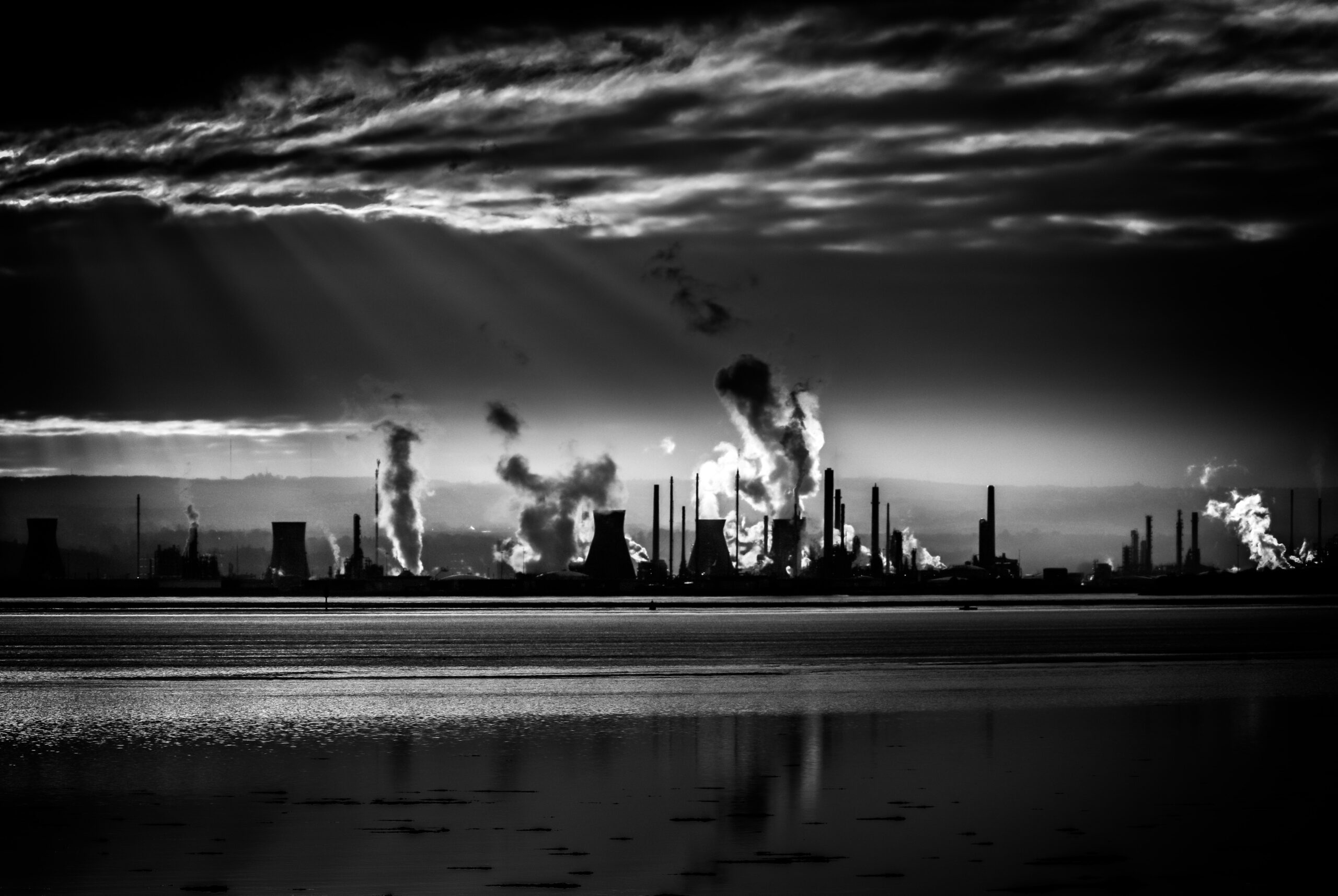Climate change stands as one of the most pressing challenges of our time, profoundly affecting various aspects of human life across the globe. From altering ecosystems to threatening food security and health, its multifaceted impacts resonate through every facet of society, demanding urgent attention and concerted action.
Environmental Disruption and Ecosystems
The changing climate disrupts ecosystems worldwide, leading to a cascade of consequences. Rising temperatures, extreme weather events, and shifting precipitation patterns pose threats to biodiversity, causing habitat loss, alterations in animal migration, and the endangerment of countless species.
Ecosystem disruption directly affects human existence by endangering essential resources such as air, water, and fertile soil. Furthermore, it exacerbates socioeconomic inequalities and vulnerabilities by endangering the livelihoods of people who depend on forestry, fishing, and agriculture.

Risks and Hazards to Health
The impact of climate change on human health is significant and diverse. There is an immediate risk to human life from the rise in extreme weather events including heatwaves, storms, floods, and wildfires, which can result in fatalities, injuries, and forced relocation.
Furthermore, as a result of shifting climates, diseases like Lyme disease, dengue fever, and malaria are more common since these vectors are carried by mosquitoes and ticks. Additionally, when climates change, air pollution gets worse and worsens, making respiratory problems, cardiovascular disorders, and other health problems worse.
Water Scarcity and Food Insecurity
The complex relationship between climate change and food security is shown in the disruption of agricultural output brought on by changes in temperature, rainfall patterns, and the spread of pests and diseases. These variables reduce crop yields, which, particularly in vulnerable areas, results in food shortages, price increases, and nutritional deficiencies.
These problems are made worse by a lack of water, since shifting precipitation patterns impact the availability of freshwater. Communities that depend on scarce water resources are more vulnerable as a result of droughts and unpredictable rainfall patterns endangering supplies of water for personal consumption, sanitation, and agriculture.
Implications for Society and the Economy
Sustainable development is undermined and industries are disrupted as a result of climate change. As communities struggle with the fallout from extreme weather events, the loss of livelihoods, and the strain on infrastructure, the costs of adapting to and mitigating climate change rise.
The ramifications for society can be many, ranging from amplified migration brought on by climate-related displacement to intensified societal discord over diminishing resources. These issues disproportionately affect vulnerable populations, especially those in low-income areas, aggravating already-existing disparities and jeopardizing social stability.
Adaptation and Mitigation Measures
Adaptation and mitigation techniques must be used in tandem to address the effects of climate change. The main goals of mitigation activities are to lower greenhouse gas emissions by switching to renewable energy sources, adopting regulations to reduce carbon footprints, and engaging in sustainable practices.
In order to deal with changing climates, adaptation techniques involve enhancing ecosystems’ and communities’ resilience. This entails making investments in infrastructure that is climate resilient, encouraging sustainable farming methods, improving early warning systems for severe weather, and placing a high priority on education and public awareness.
Group Efforts and Upcoming Opportunities
Due to the severity of climate change, a worldwide reaction is required. To lessen its effects and protect human life, legislative frameworks, cross-sector collaboration, and international cooperation are essential.

With its commitment to reducing the rate of increase in global temperatures and strengthening adaption strategies, the Paris Agreement is a sign of optimism for the future. But there is still a pressing need for quick action, as well as ongoing creativity, funding, and dedication to finding long-term answers.
In conclusion, there are numerous, wide-ranging effects of climate change on human existence, including sociological, economic, health, and environmental aspects. To lessen its consequences, increase resilience, and guarantee a sustainable future for future generations, immediate action is necessary.
Individual actions, coupled with collective efforts at local, national, and global levels, hold the key to addressing climate change’s multifaceted challenges. The road ahead demands commitment, innovation, and a shared vision to navigate the complexities of climate change and forge a path toward a more sustainable and resilient world.







+ There are no comments
Add yours